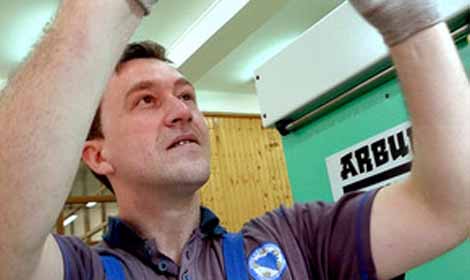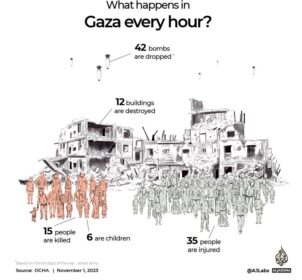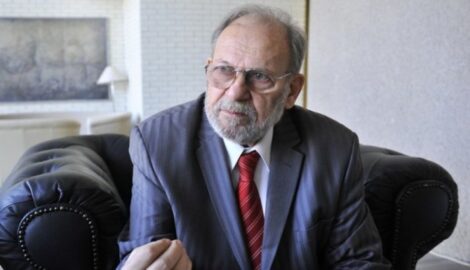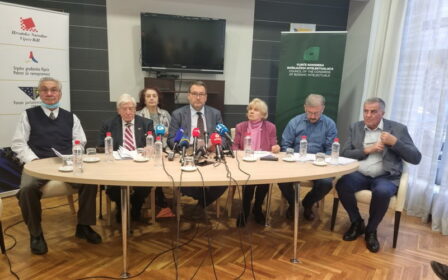Manufacturing in Bosnia

During the war of 1992-95 the town of Gorazde was besieged by Serbian forces. Now the loudest bangs are those of construction at the Bekto Precisa factory, which is expanding. With 357 employees, it makes plastic parts for car lights for Porsche, BMW and Audi (see picture). It also cranks out parts for skis and street lamps, in a joint venture with Hella, a German firm.
Bosnia suffers from a stagnant economy, high unemployment and dysfunctional government. Yet it is home to some surprising industrial clusters. Gorazde, in eastern Bosnia, is one of them. Others include Tesanj, Bijeljina and Visoko. Such places typically have dynamic mayors or entrepreneurs, and strong links to Germany. Gorazde has all three.
A mostly Bosniak Muslim town, it has been thoroughly rebuilt since the war. It is not rich: every evening a pall of smoke hangs over Gorazde as people light their coal-fired stoves. But its location and labour pool make it part of Germany’sverlängerte Werkbank (extended workbench): the hinterland of nearby, low-cost countries where German firms source parts.
The average monthly (post-tax) Bekto salary is €664 ($864), comfortably above the Bosnian norm of €421 but only a fraction of German wages. Employees work hard for their money: the factory runs 24 hours a day, 362 days a year. Some 85% of what they produce is exported, mostly to Germany and Austria. Bekto Precisa is a popular employer. It has just advertised 30 new jobs and received 3,000 applications.
Wages are lower in China, of course, but delivery times from Bosnia to core European markets can be counted in days instead of weeks. And the quality of local products is high. Neil Lovell, an executive with Mosdorfer, an Austrian firm that buys €2m-worth of electrical equipment from Bekto Precisa a year, says: “We switched production five years ago from Slovakia because of the price advantage. But the quality here is absolutely fantastic.”
Bekto Precisa’s turnover, which was €20.1m in 2012, has been growing by 25-30% in recent years, yielding a profit last year of €1.9m. And it is not the only exporter in town. ASA Prevent, a much larger company, makes covers for car seats.
Since Bosnia is not in the European Union, Bekto Precisa’s products must pay an 8% import duty. Oddly, however, few local firms lobby to restart the country’s stalled EU integration process. Successful Bosnian firms hate to make themselves conspicuous, for fear that politicians will try to extort money from them. Life is already hard enough. Bank officials, even those who work for foreign banks, often demand kickbacks for already-costly loans.
Dario Vins of 49-FortyNine, a consultancy, says that some local businessfolk do not object to Bosnia’s poor governance. Firms from within the EU often outsource work to Bosnia to take advantage of low pollution standards, for example. “It is not in a company’s interest to have a perfectly functioning system,” he says.
Enisa Bekto, the director of Bekto Precisa, sees things differently. It would be easier if Bosnia were better-run and inside the EU, she says. In other words, she wants someone to run Bosnia like she runs her company. At which, she notes, many of the top managers are women.
(The Economist)



